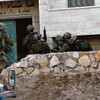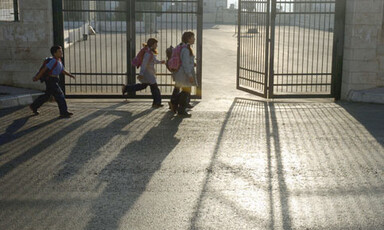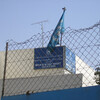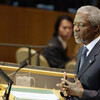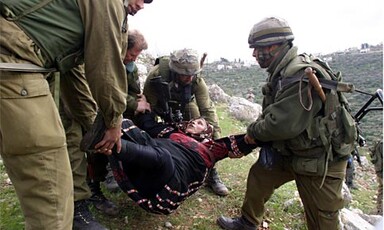
A Land for Growing, not Settlement Growth
26 November 2005
Settlement growth and the diminishing size of the village of Singel are intrinsically related. Singel’s families continue to brace themselves in the face of unchecked land grabs awarded to newly created Israeli settlements. While Israeli tax collectors are quick to furnish documentation that links Palestinians to their land for taxation purposes, they are quicker to dismiss these records when issuing evacuation orders. Rarely do Israeli authorities balk at this double standard with regard to settlement expansion. Read more about A Land for Growing, not Settlement Growth



